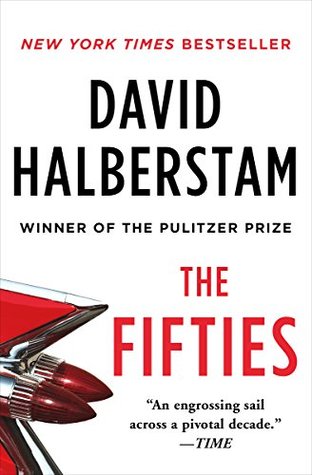Ironically, it was the white leaders of Montgomery who first helped to create the singular importance of Martin King. Convinced that ordinary black people were being tricked and manipulated, they needed a villain. If they could weaken, discredit, or scare him, then their problems would be solved, they thought. Gradually, he became the focal point of the boycott. “I have the feeling,” Bayard Rustin, the nation’s most experienced civil rights organizer, told him at the time, “that the Lord has laid his hands on you, and that is a dangerous, dangerous thing.”
Welcome back. Just a moment while we sign you in to your Goodreads account.


